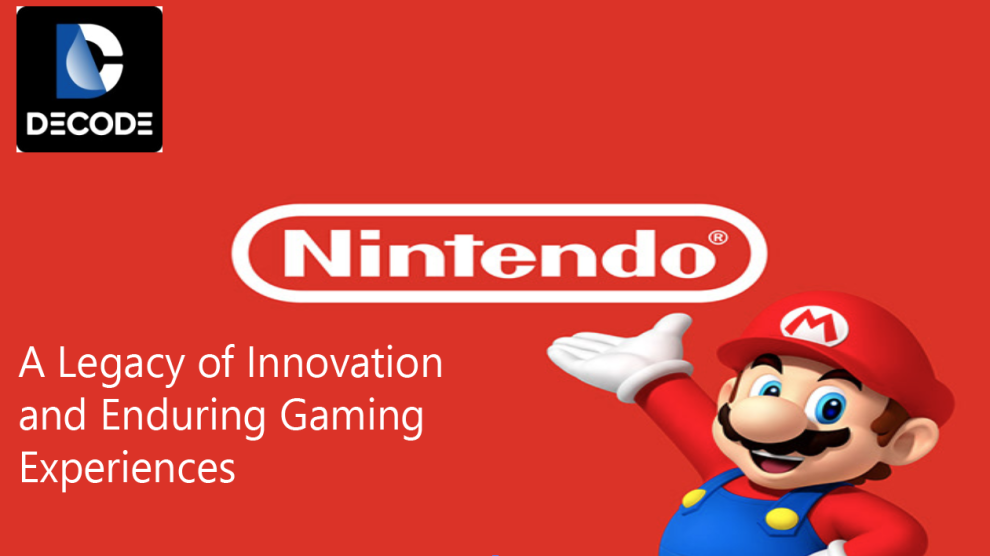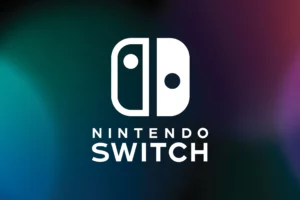The world of gaming isn’t just about pixelated landscapes and epic loot; it’s a vibrant ecosystem with its own evolving language, riddled with slang, jargon, and ever-shifting meaning. Today, we’ll embark on a quest to decode this dynamic lexicon, exploring terms like “metagaming” and “power creep” – words that might leave even seasoned adventurers scratching their heads.
Beyond the Basics: Gaming Language Extends Far Beyond Commands
Gaming language extends far beyond basic commands and item descriptions. It’s a living, breathing entity, constantly adapting to new genres, trends, and strategies. Words like “GG” (good game) or “noob” (newbie) are now common vocabulary, but delve deeper, and you’ll find a treasure trove of terms that paint a deeper picture of the gaming experience.
Meta-morphosis: Understanding Metagaming
Metagaming refers to strategies that transcend the game’s established rules and exploit external knowledge or information. Imagine using your understanding of player psychology to manipulate your opponent in a fighting game, or basing your decisions in a strategy game on forum discussions about hidden mechanics. That’s metagaming at its core.
Common Metagaming Strategies
- Analyzing opponent patterns and behaviors
- Optimizing decisions based on external guides and resources
- Adapting tactics based on popular community strategies
The Controversy Around Metagaming
While some view metagaming as a strategic endeavor, others see it as a form of cheating that undermines the spirit of the game. It can reduce gameplay to a series of optimized algorithms rather than an immersive world to explore. Striking the right balance is key.
Power Creep: When Numbers Run Amok
Power creep describes the gradual increase in the overall power level of characters, items, or abilities within a game over time. Think of it as inflation for virtual heroes. New updates constantly introduce weapons that outdamage the old ones, or skills that render previous strategies obsolete. This often throws game balance into disarray, leaving players scrambling to adapt to the ever-escalating power curve.

Common Causes of Power Creep
- Developers introducing stronger gear to incentivize gameplay
- Top players optimizing strategies faster than expected
- Patches aiming to boost weaker classes/factions
Managing Power Creep
Developers have several options when trying to address power creep including:
- Regular rebalancing and nerfs for overpowered builds
- Better playtesting to predict optimization trends
- Horizontal progression by adding more diversity rather than raw numbers
Beyond the Buzzwords: Enriching Your Understanding
These are just two examples of the ever-evolving gaming lexicon. Terms like “gank” (a surprise attack), “cheese” (exploiting game mechanics), or “rage quit” (abandoning a game in frustration) add layers of nuance and shared understanding among players.
A Sampling of Common Gaming Terms
- Camping – Waiting in ambush for opponents
- Feeding – Repeatedly dying to the same enemies
- DPS – Damage per second
- Aggro – Gaining enemy attention/attacks
The Importance of Cross-Game Knowledge
Understanding gaming terminology also allows for transferable skills across genres. A fighting game veteran and an RTS expert can still debate strategies using a common language.
Language as a Living Link to Gaming Culture
The study of gaming language isn’t just about deciphering cryptic slang. It’s about understanding the culture, the strategies, and the emotional tapestry woven into the fabric of these virtual worlds. It’s a window into the collective thought process, the shared anxieties and triumphs experienced by millions of players across the globe.
Insider Perspectives Through Gaming Lingo
Hearing a player “scream obscenities after a rage quit” or “laugh it off when they get ganked” offers insights beyond win rates and leaderboards. It allows us to empathize with the highly personal nature of gameplay.
Building Connections via Common Language
Though separated by geography and culture, perfect strangers can bond over gaming terms. A mutual hatred of camping snipers or cheesy rush tactics. These shared experiences foster far-reaching camaraderie.
Evolving Together: The Ever-Changing Gaming Lexicon
As games continue to evolve, so too will their language. New genres will spawn new terms, existing words will take on new meanings, and the lexicon will adapt to accommodate the ever-changing landscape of digital adventures. So, the next time you encounter an unfamiliar term, don’t just dismiss it as jargon. Embrace it as an invitation to level up your understanding of this dynamic and fascinating world.
How Genres Expand Gaming Language
The Battle Royale genre popularized terms like:
- Looting – Searching for items
- The storm/zone – Encouraging combatants inward
- Dropping – Skydiving onto the map
Prepare for Linguistic Innovation
As gaming continues to explode in popularity, entirely new realms of language will emerge. The key is being adaptable, keeping an open mind, and embracing gaming’s linguistic spirit of exploration.
















Add Comment